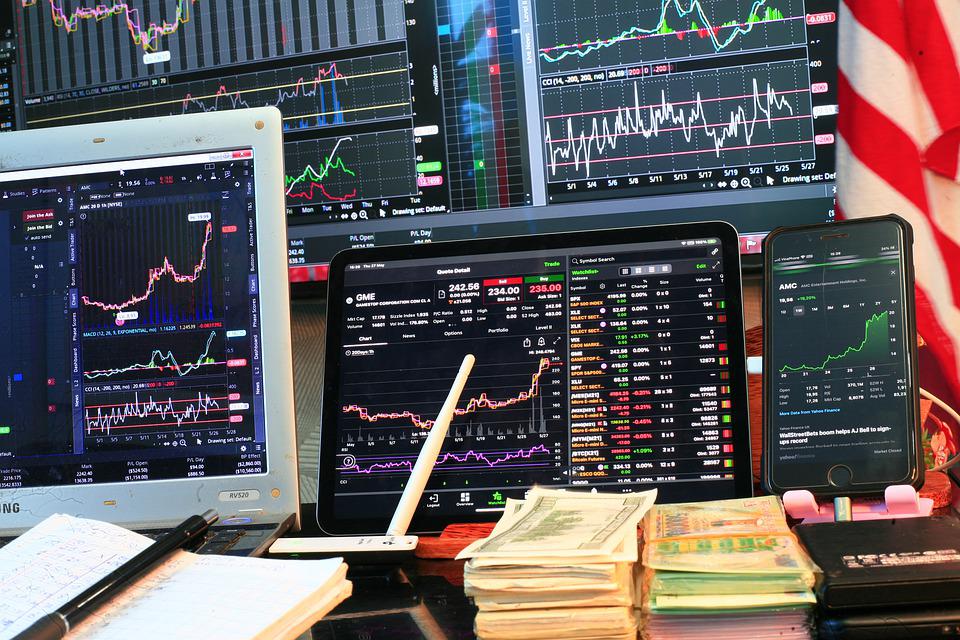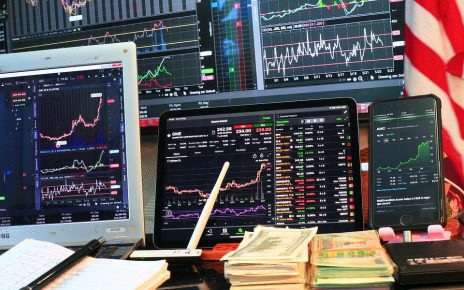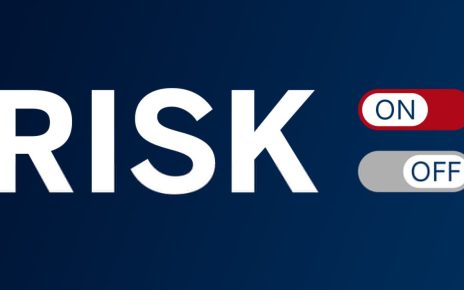- Investors fear a ripple effect from the Silicon Valley Bank collapse.
- 2-year US Treasury yields collapsed as investors unwound bets on Fed rate hikes.
- The US consumer price data for February is scheduled to be released on Tuesday.
US equities were down on Monday due to falling bank shares as investors feared a ripple effect from the Silicon Valley Bank collapse. However, trading was choppy, and the Nasdaq composite closed higher as some sectors benefited from expectations that the Federal Reserve would scale back its interest rate increases.
Investors were concerned about dangers to other banks from the Fed’s recent strong rate hikes after SVB Bank abruptly shut down on Friday following its failure to raise capital. But due to widespread speculation that the central bank may adopt a more dovish stance, the yield on the 2-year Treasury fell.
Officials intervened over the weekend to regain investor trust in the banking sector and said that SVB depositors would have access to their money on Monday.
On Monday, European markets experienced their biggest one-day decline of the year due to persistent weakness in banking stocks. This was despite government intervention to contain the effects of Silicon Valley Bank’s unexpected collapse.
The shares of banks, financial institutions, insurers, and energy companies took the brunt of selling pressure as the pan-European STOXX 600 index ended the day 2.3% lower.
European banking stocks fell 5.7%, recording their worst two-day selloff since the Russia-Ukraine war started early last year.
However, Moody’s Investors Service observed that Europe’s banks were unlikely to be impacted by bond portfolio losses. At the same time, Eurozone banking authorities saw limited effects for the region’s banks from the collapse of the US lenders.
According to Goldman Sachs, the Fed will not raise interest rates at the March meeting. The ECB, on the other hand, is poised to raise rates by 50 basis points later this week.
Investors anticipate a US inflation report that might further muddle opinions on the Federal Reserve’s monetary policy trajectory. The report could worsen a global market already reeling from the banking crisis.
The consumer price data for February is scheduled to be released on Tuesday. Nonetheless, it has recently gained more significance due to worries about financial stability following the unexpected collapse of American banks.
Evidence that inflation is still rising could increase doubt about the Fed’s next move.





